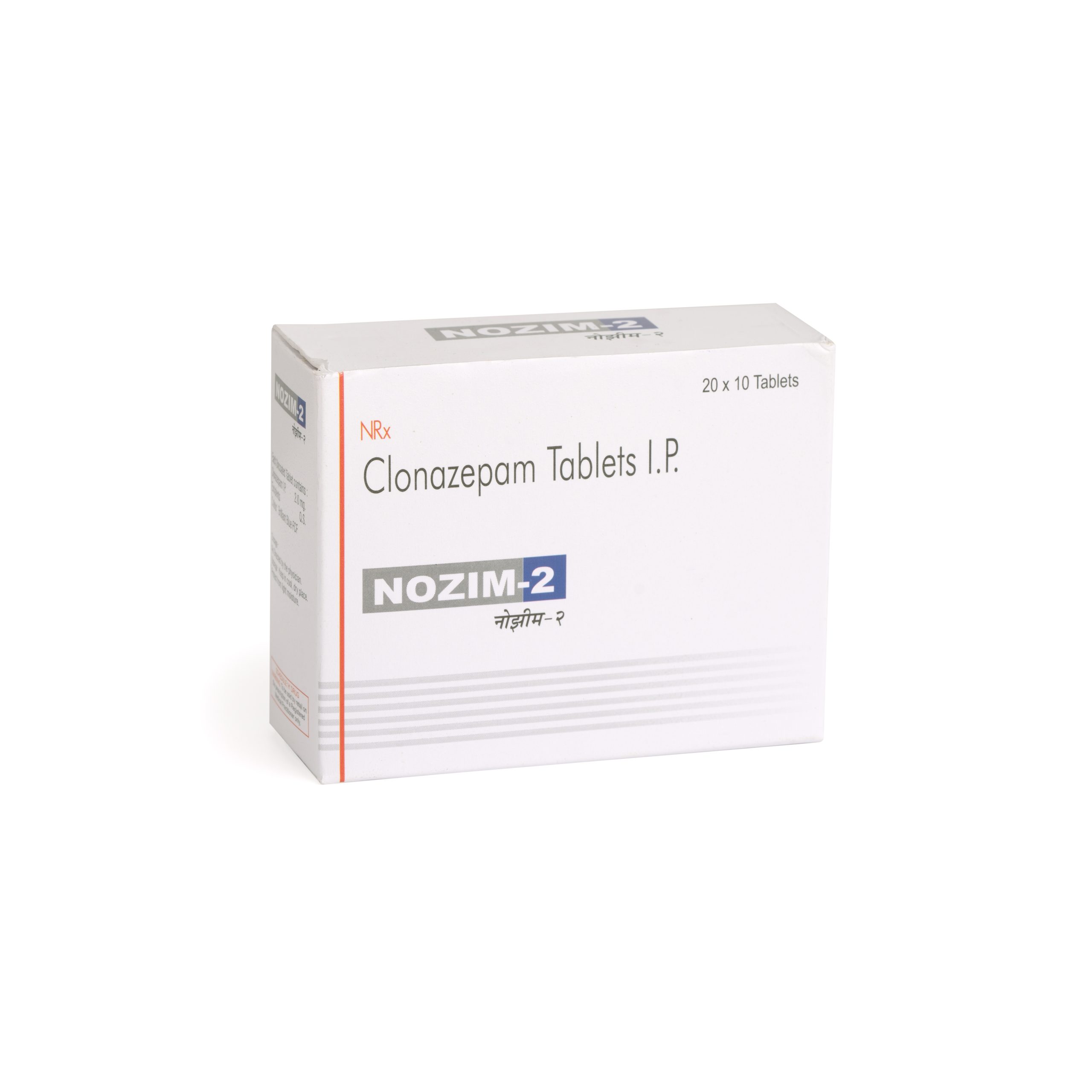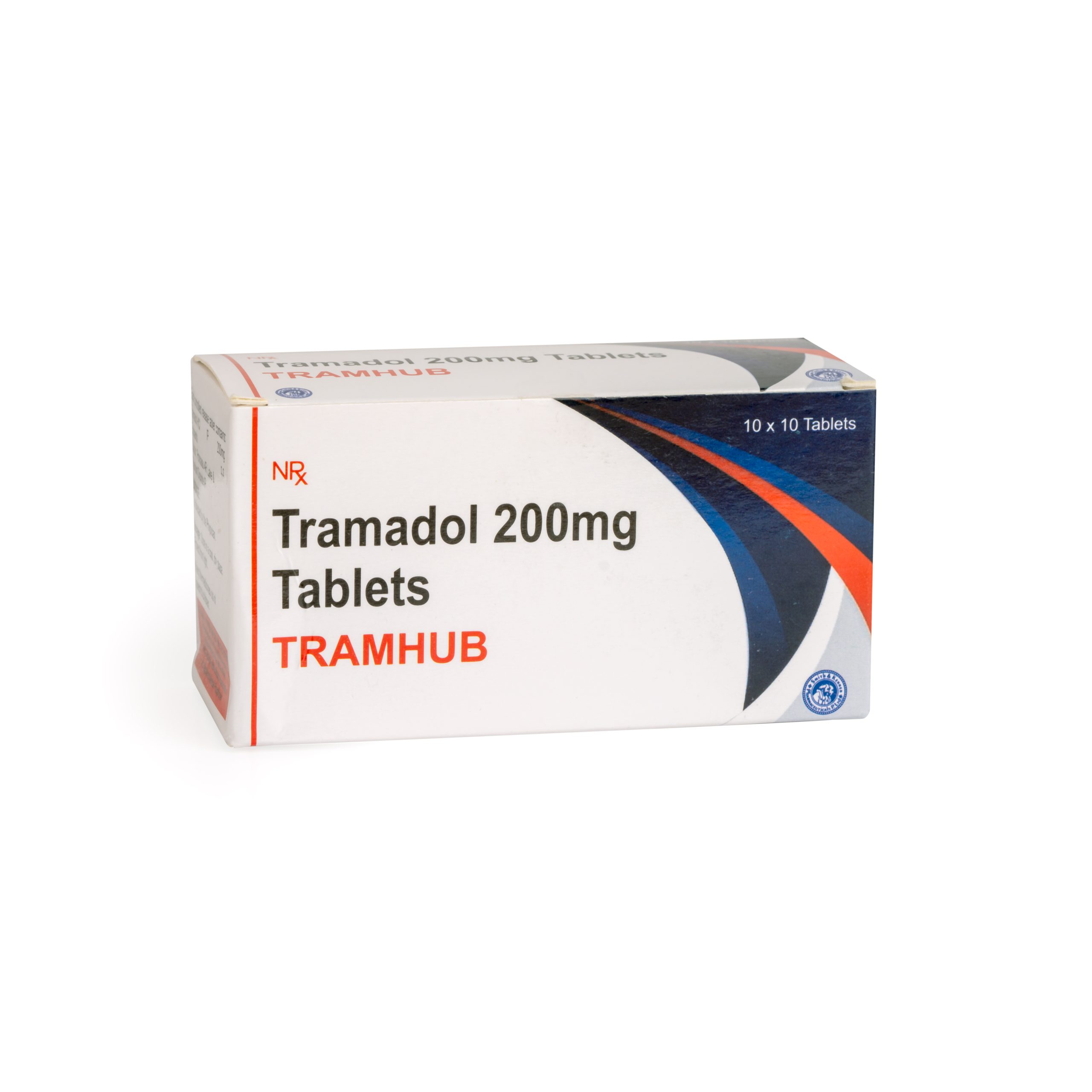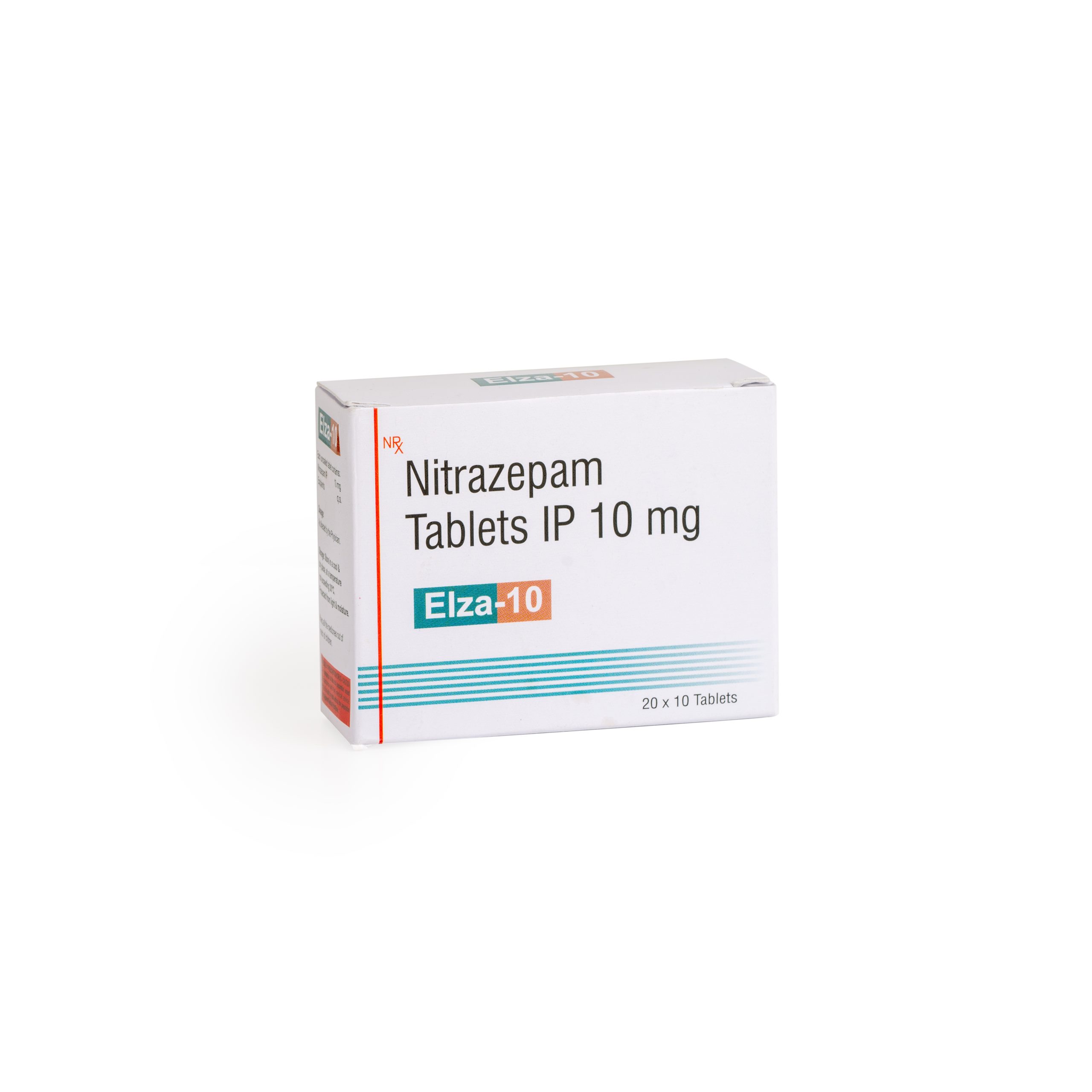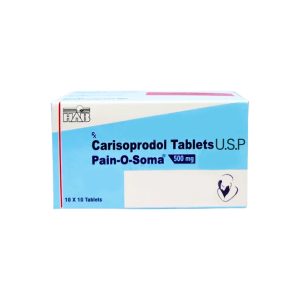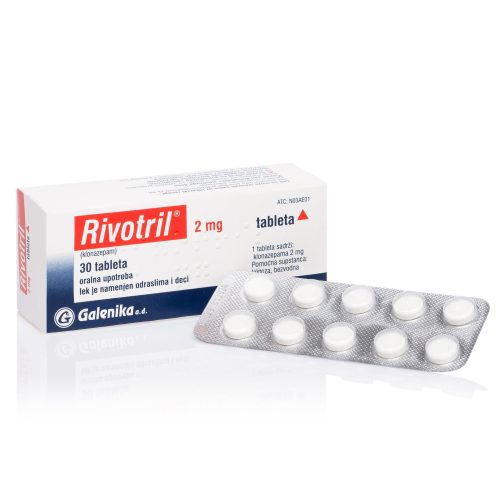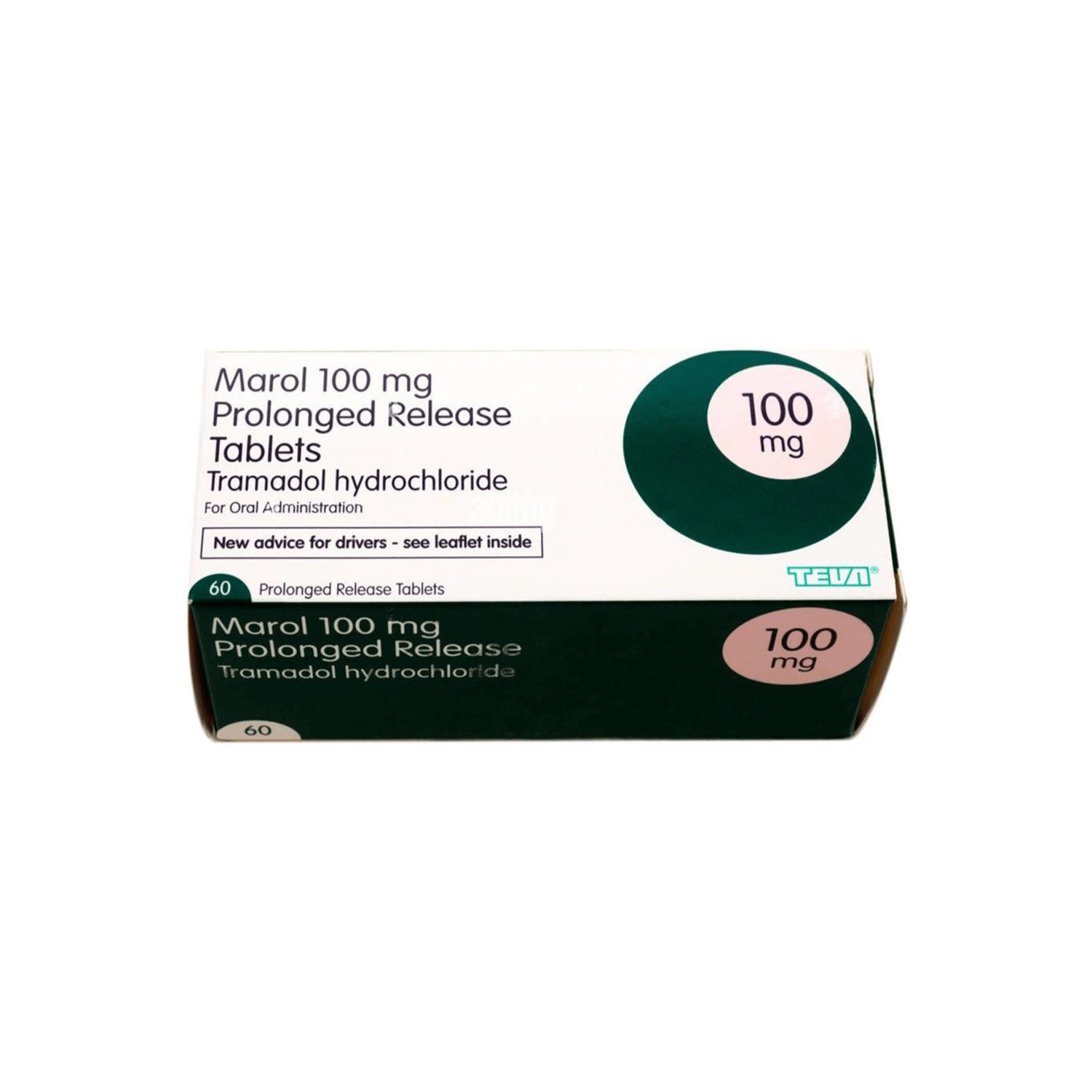Even though hormonal changes are an inherent aspect of a woman’s life, they often lead to insomnia and disrupted sleep patterns. Women can improve their quality of life by pursuing effective remedies by comprehending the connection between hormones and sleep.
The Influence of Hormonal Changes on Sleep
Hormones are essential for the regulation of the body’s sleep-wake cycle. In women, fluctuations in oestrogen and progesterone levels are closely linked to sleep disturbances. These hormonal changes occur at various phases of life, such as:
Menstrual Cycle:
During the menstrual cycle, hormonal fluctuations are a monthly occurrence. Insomnia or difficulty falling asleep during the luteal phase, the period preceding menstruation, may be the consequence of decreased levels of progesterone, a hormone that promotes sleep.
Maternity:
Insomnia can be caused by physical distress and hormonal fluctuations, particularly during the first and third trimesters of pregnancy. Elevated progesterone levels during early pregnancy may induce daytime drowsiness in women, but they may also lead to fragmented nocturnal sleep.
Menopause and Perimenopause:
Substantial hormonal alterations are indicative of perimenopause and menopause. A decrease in oestrogen levels can induce mood fluctuations, hot flashes, and nocturnal sweats, all of which can contribute to insomnia. Additionally, the tranquillizing effects that facilitate sleep are diminished by a reduction in progesterone levels.
Insomnia Symptoms Associated with Hormones
Women frequently report experiencing hormonal insomnia.
- Difficulty falling asleep
- Frequent awakenings during the night
- Awakening in the early hours
- Fatigue during the day
- Anxiety or irritability, as well as mood fluctuations
- Strategies for Overcoming Insomnia
Fortunately, there are a multitude of approaches available to resolve insomnia that is a consequence of hormonal fluctuations. These include:
Lifestyle Changes
Dietary Modifications:
Avoid caffeine, alcohol, and substantial meals in the hours preceding bedtime. Magnesium and tryptophan-rich substances can aid in the improvement of sleep.
Exercise:
Although consistent physical activity can improve sleep quality, it is generally recommended to avoid strenuous exercise in the hours preceding nightfall.
Stress Management:
Meditation, yoga, and deep-breathing exercises are effective strategies for reducing tension and fostering relaxation.
Hormone Therapy:
In certain women, hormone replacement therapy (HRT) may alleviate insomnia and other symptoms of menopause. However, this should only be considered with the guidance of a physician.
Natural treatments:
Supplements like melatonin or herbal beverages that contain valerian root or chamomile can be employed to enhance sleep. Before attempting any new supplements, it is essential to consult with a healthcare provider.
Professional Support:
If insomnia persists, it is recommended that you seek the advice of a healthcare provider or sleep specialist to explore alternative treatments, such as cognitive behavioural therapy for insomnia (CBT-I). treat
In summary,
There is a strong correlation between hormonal changes and insomnia in women; however, they do not have to have a substantial impact on your life. By understanding the root causes and employing effective strategies, women can enhance their overall health and achieve uninterrupted sleep. If you are experiencing insomnia, it may be advantageous to seek the advice of a healthcare professional to develop a treatment plan that is customised to your requirements.



